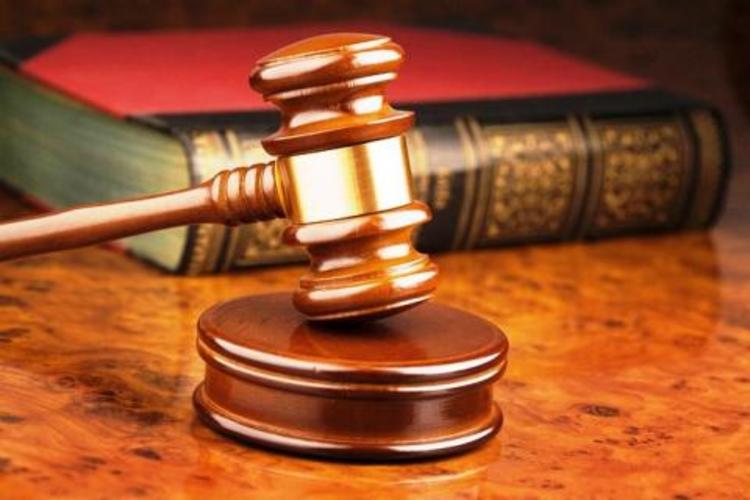
The Sunday Mail

Desire Ncube
THE Ministry of Rural Development, Promotion and Preservation of National Culture has begun crafting the Traditional Leaders Act in order to realign it with the new Constitution, an official has said. The ministry’s Legal Affairs Director, Mr Fredson Mabhena, said the process is in response to provisions set out in Chapter 15 of the new Constitution, which regulates the establishment and function of traditional leadership.
He said consultations are already underway, with the country sub-divided into two geographical areas (southern and northern regions) due to financial constraints. “We are working with chiefs, academics, cultural groups, civic societies and parastatals that include the National Archives of Zimbabwe, National Arts Council and the National Museums and Monuments,” said Mr Mabhena.
He said the stakeholder consultations will enable the ministry to tap as much information as possible before finalising the Bill that it will be tabled before parliament in September.
A stakeholders’ consultative workshop was conducted last month in Mutare.
Another is expected in Bulawayo by end of this month.
The realignment is taking into account the background of traditional leadership legislation in Zimbabwe and contemporary challenges associated with traditional governance in the country.
“The traditional authority is the custodian of the land, responsible for the distribution and conservation of land in rural areas.
“Although the principal Act governing rural local governance is the Rural District Council Act (Chapter 29:13), rural local governance is equally impacted by the Traditional Leaders Act and others such as the Communal Lands Act (Chapter 20:04).
“This has resulted in a dual leadership system in rural communities, thus the amendment of the Traditional Leaders Act should therefore be crafted in a manner which takes into account sources of conflict emanating from that,” said Mr Mabhena.
“Further, the alignment of the Traditional Leaders Act seeks to achieve harmonisation of the Act with other relevant legislation such as the Rural District Act and Communal Lands Act which have a bearing on rural local governance,” he added.
“One of the founding values and principles maintained in the Constitution is respect for the nation’s diverse cultural, religious and traditional values.
This is relevant for continued discourse on amendments to the Traditional Leaders Act because traditional leaders remain the custodian of cultural and traditional values in rural communities,” said Mr Mabhena.
“The Constitution imposes an obligation on the state and all institutions and agencies of Government to promote and preserve cultural values and practices which enhance the dignity, well-being and equality of Zimbabweans and to preserve and protect Zimbabwe’s heritage.
“The Traditional Leaders Act imposes a duty to promote and uphold cultural values amongst members of the community and such, a duty can find support in the Constitution which guarantees every person the right to participate in the cultural life of their choice as long as the exercise of such a right is not inconsistent with the Constitution’s section,” he said.
According to Mr Mabhena, the Mutare meeting recommended that the non-partisan nature of chiefs should be emphasised and that the duties of the chiefs should include enhancing the dignity, well-being and equality of all their community members.
Provisions that relate to the appointment of chiefs, village heads and head persons should be done in consideration of the gender needs of the community and the prevailing culture, customs, traditions and practices of the community, where the appointed person resides, among others.



